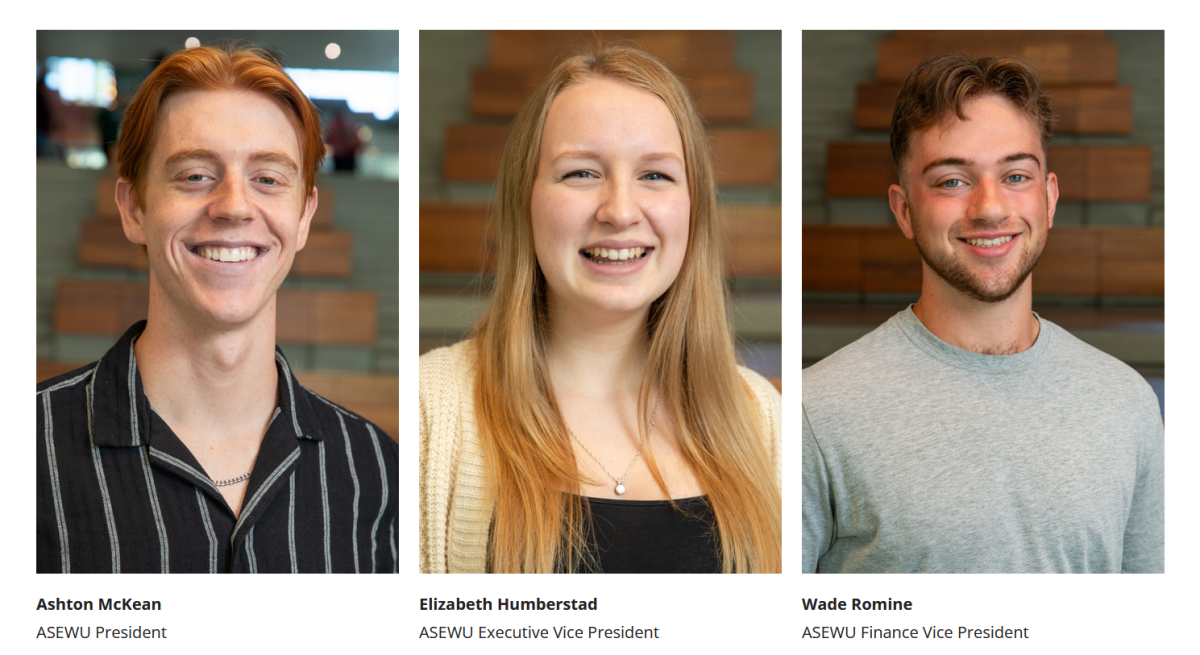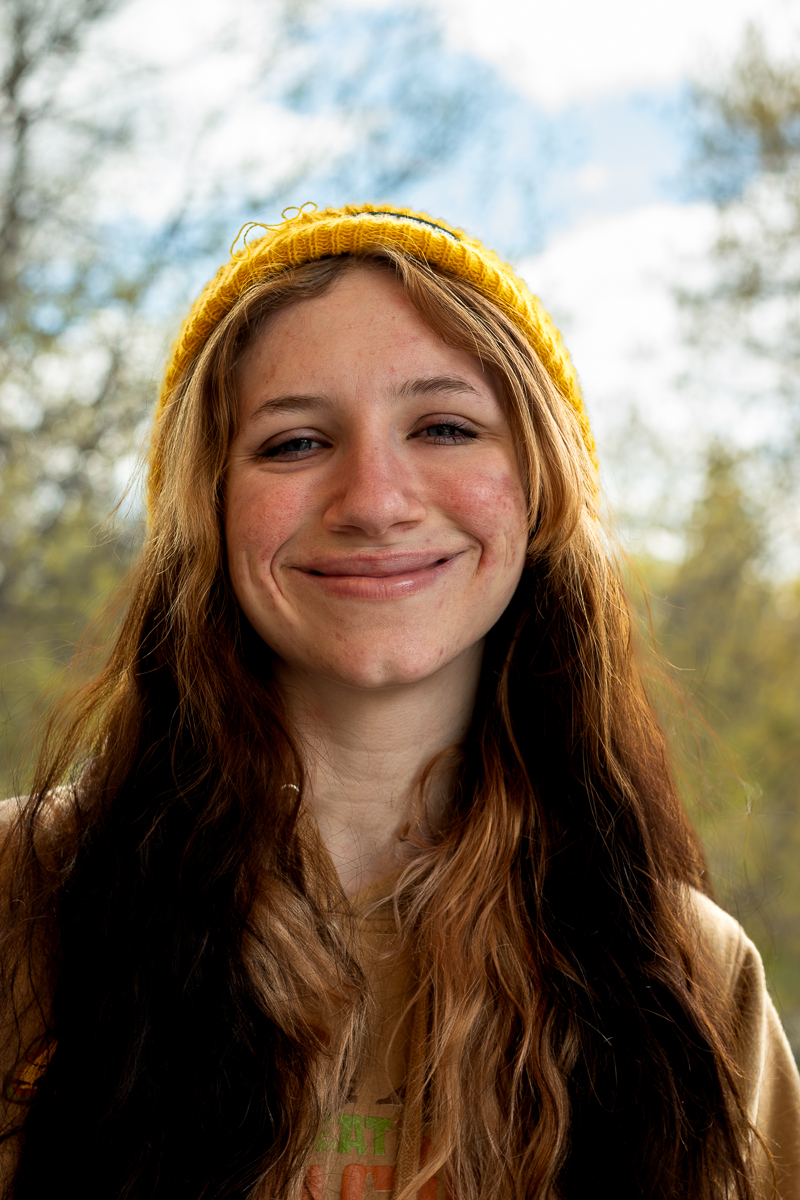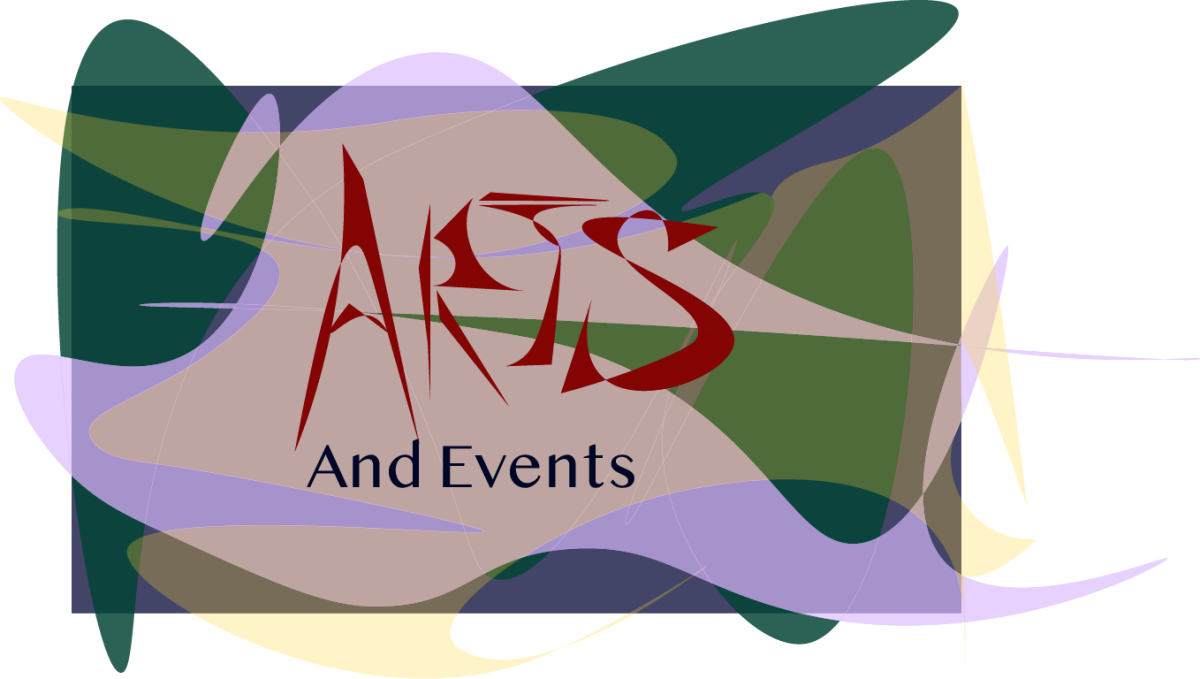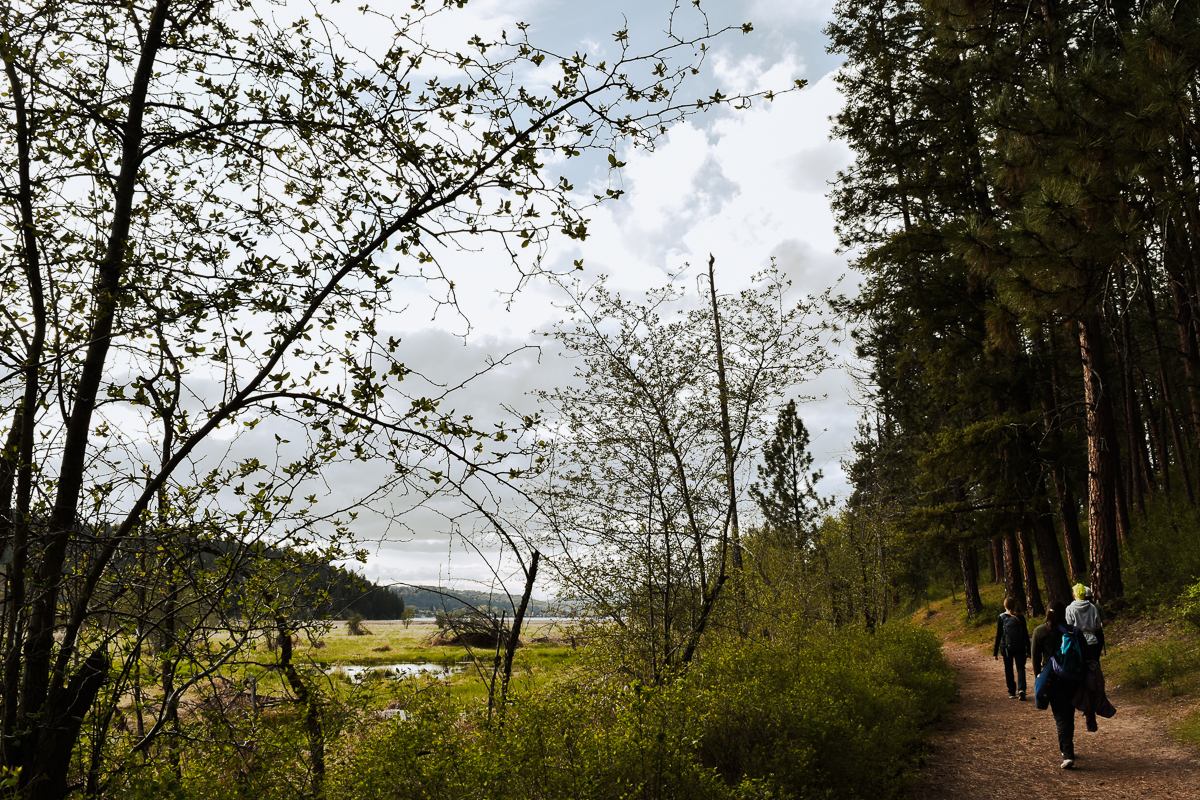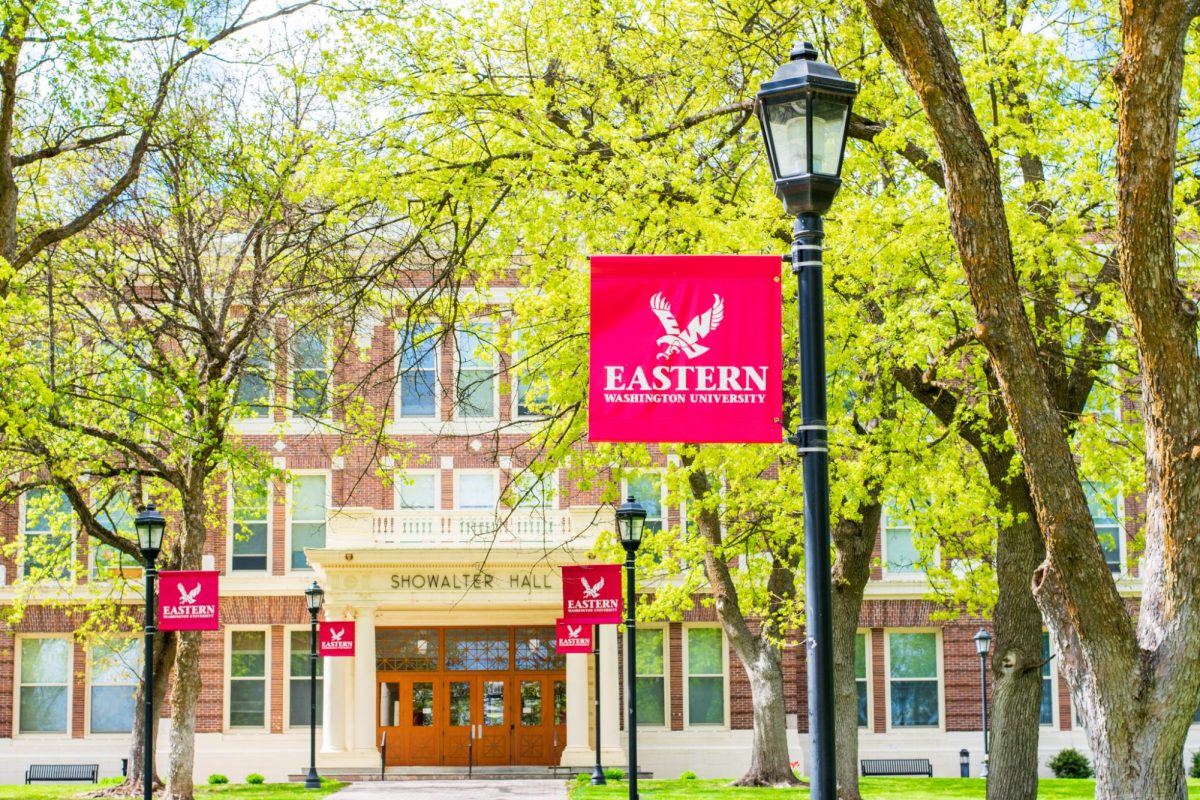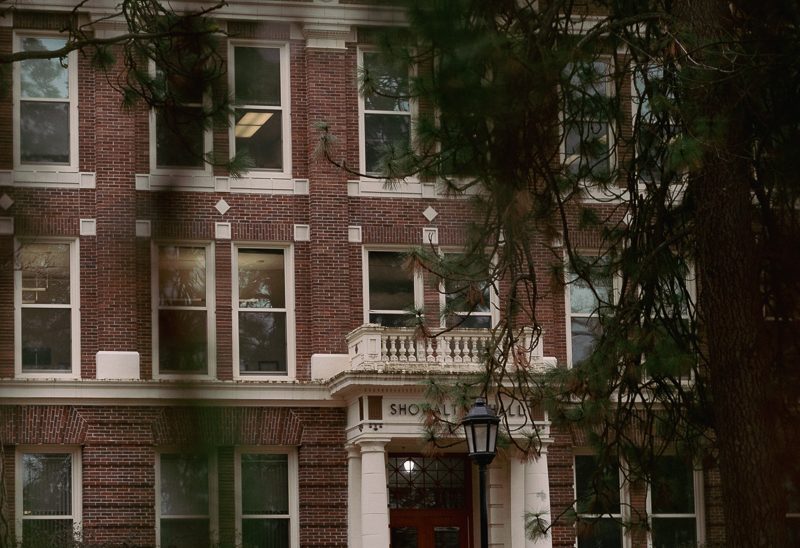
Photo By Anna Mills
By Paul Sell
p.robert.sell@gmail.com
“It has been a great help, especially since it’s my first year here away from home,” Yaniera Delgado said.
Delgado is part of the 11 percent of the Chicano population in the Eastern student community, which is the largest minority group on campus, according to EWU Chicano professor Raphael Guillory.
“They made me feel more comfortable, and they made me aware of the programs out there that can help me,” Delgado said.
Even as the largest minority group on campus, the Chicano population has been on the rise.
One of the reasons for this rise in Chicano population is because Eastern has become the college of choice for many students and families. In some eyes, Eastern has transitioned from a college where students can get the biggest bang for their buck into a college with a reputation of excellence in academic programming.
“Principally, there has just been this huge influx of migrant students in the state of Washington,” said Guillory. “[They] have really adopted the philosophy that a better way to life is through education. The joy of this has been the fact that the Chicano/Latino community is just so close and so family oriented. Not just immediate family or the nuclear families, it’s kind of an extended family. And that type of family culture, they bring here.”
Guillory believes the college experience is no longer about people searching for cultural enlightenment or finding ethnic festivities, but that Eastern has evolved from that.
“I get folks here that want to get [master’s degrees] and Ph.D.s,” said Guillory. “I know one student who wants to become a medical doctor. They have really big dreams here, and they want to do great things. These young people really add a sense of pride and service.”
The Chicano education program has been extending its representation throughout the state by offering Chicano classes to high schools, much like a running-start program, expanding the outreach and family beyond the college level.
“We’re in Warden High School, offering a course in Chicano history,” said Guillory. “We’re trying to make our presence known throughout the state, and it’s really growing in that capacity.”
In addition to Eastern’s academic growth, the rise of the Chicano population at EWU can also be traced back to Central Washington’s rural towns, which also have a strong Chicano presence, according to Professor Guillory.
“[Eastern is] far enough away from home where you can have a little bit of freedom,” said Guillory. “But then it’s also close enough where if you need to get a home fix that they can just hop on I-90 and head right on down to Pasco and the Tri-Cities. It’s for kids who love home, but it’s also that idea that if they’re at Central [Washington University], they’re too close.”
Nancy Munoz is Chicano, but hails from Walla Walla, Wash., and is not used to being far away from her family. However, Eastern has provided a sense of family amongst her fellow Chicano students.
“In our culture, we usually don’t leave home,” said Munoz. “We usually try to stay close to the family, so it is kind of difficult to be so far away. I really enjoy it [at Eastern] though, because they help you a lot. It’s like a family, you can come here and use the computers or we can talk to them. We don’t feel afraid to ask them questions.”
The family-like bond in the Chicano community even continues outside of graduation and makes an impact in the Washington state workforce.
“I think that has aided Eastern’s reputation throughout the state that it’s not just for the low income,” said Guillory. “Our academic program has been speaking for itself. I think about 83 percent of our graduates work and live in the state of Washington. We make a strong contribution to the economy and state. People who come to Eastern have a tendency to stay in the area, its great place to grow up and live.”



